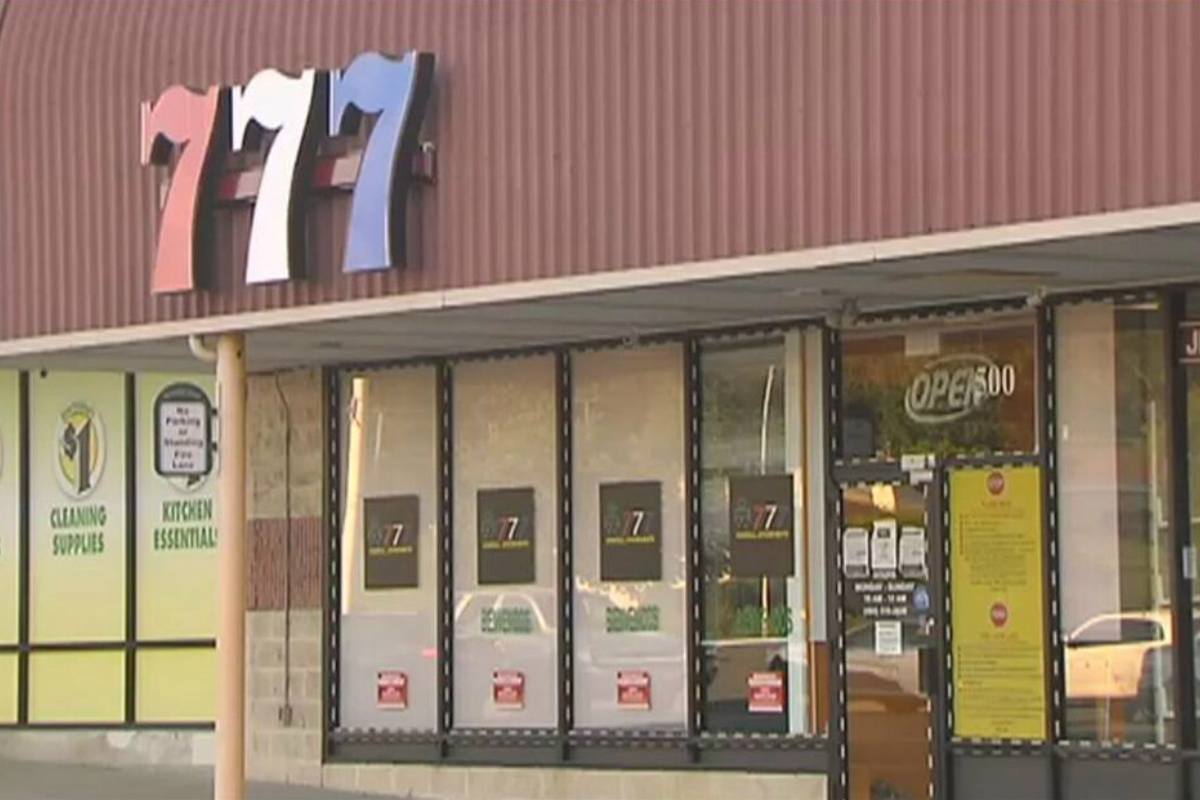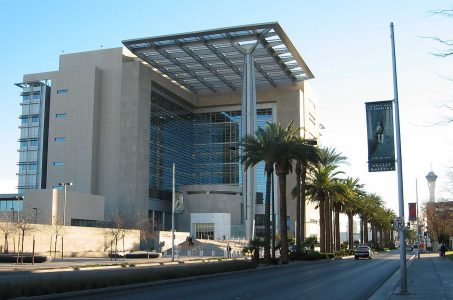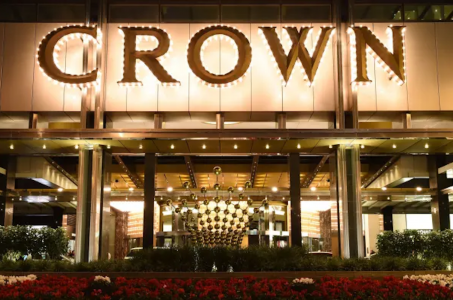Pennsylvania Police Raid Gaming Lounge, Seize Unlicensed Machines
Posted on: August 24, 2020, 08:19h.
Last updated on: August 25, 2020, 08:25h.
Pennsylvania police say they raided a gaming lounge in Berks County and seized 57 machines that closely resemble slots and nearly $68,000 in cash.

Berks County District Attorney John Adams said an investigation into the business began back in February after residents voiced concerns to an article in the Reading Eagle regarding the establishment’s plans to expand its parlor.
With a search warrant in hand, law enforcement raided the gaming operation — called 777 — and took the gambling terminals. They also seized $67,768.
The devices seized were illegal slot machines,” Adams said at a press conference. “They were gambling devices.”
Police additionally served a search warrant at the home believed to be owned by the operators of 777. Windfall Amusements is the registered business name of the gaming lounge. No one has been charged.
777 advertised “skill gaming machines,” which, unlike slots, require the gambler to identify a winning payline.
Pennsylvania Controversy
Skill gaming machines have proliferated in the Commonwealth. Bars, restaurants, gas stations, and grocery stores with the gaming terminals can be found across Pennsylvania — 777 dedicated an entire strip mall store to its operation.
The terminals have caused much argument. The state’s licensed casinos have all paid tens of millions of dollars for licensing fees, and share with the state 54 percent of their gross gaming revenue (GGR) from slot machines and 16 percent of their table game win.
Businesses with skill gaming machines don’t share a penny with the state. Instead, the gaming profits are split between the gaming manufacturer and distributor, as well as the establishment housing the machines.
“They [state treasury] were receiving no revenue from Windfall Amusements whatsoever,” Adams explained.
State police have deemed skill gaming machines unlawful. Law enforcement says it has identified 10 separate manufacturers of the devices, all of which are marketed as skill-based.
“We’ve looked at machines from all 10 manufacturers, and we haven’t found one that we did not deem to be a gambling device,” said Capt. James Jones of the Pennsylvania Police’s Bureau of Liquor Control Enforcement.
Penn National Against Skill Gaming
Penn National Gaming, the oldest casino operator in Pennsylvania, and one of the largest operators of regional casinos in the US is against skill gaming terminals.
The company recently paid $7.5 million to acquire the rights to build a Category 4 “mini casino” in Morgantown along the Pennsylvania Turnpike. Unlike Windfall, Penn National is paying the state millions in one-time upfront costs and will pay the standard 54 percent slot and 16 percent table game tax.
Penn National’s Morgantown casino project is located just a little more than 10 miles south from where the 777 enterprise was operating.
Eric Schippers, senior VP of public affairs and government relations for Penn National, told Casino.org recently that the company is “firmly against” any further efforts to expand gambling. Some lawmakers have recently voiced support for legalizing skill gaming machines and taxing their revenue.
Related News Articles
Crown Resorts Continues Corporate Makeover Amid Investigation
Most Popular
FTC: Casino Resort Fees Must Be Included in Upfront Hotel Rates
Genovese Capo Sentenced for Illegal Gambling on Long Island
NBA Referees Expose Sports Betting Abuse Following Steve Kerr Meltdown
UPDATE: Former Resorts World & MGM Grand Prez Loses Gaming License
Most Commented
-
UPDATE: Whiskey Pete’s Casino Near Las Vegas Closes
— December 20, 2024 — 30 Comments -
Caesars Virginia in Danville Now Accepting Hotel Room Reservations
— November 27, 2024 — 9 Comments -
UPDATE: Former Resorts World & MGM Grand Prez Loses Gaming License
— December 19, 2024 — 8 Comments -
FTC: Casino Resort Fees Must Be Included in Upfront Hotel Rates
— December 17, 2024 — 7 Comments
















Last Comment ( 1 )
Since when do police get to interpret the law? There is no law against skill games. They do not fall into the current law covering gambling. Either make new legislation or don't, but the actions of the police are wholly unconstitutional